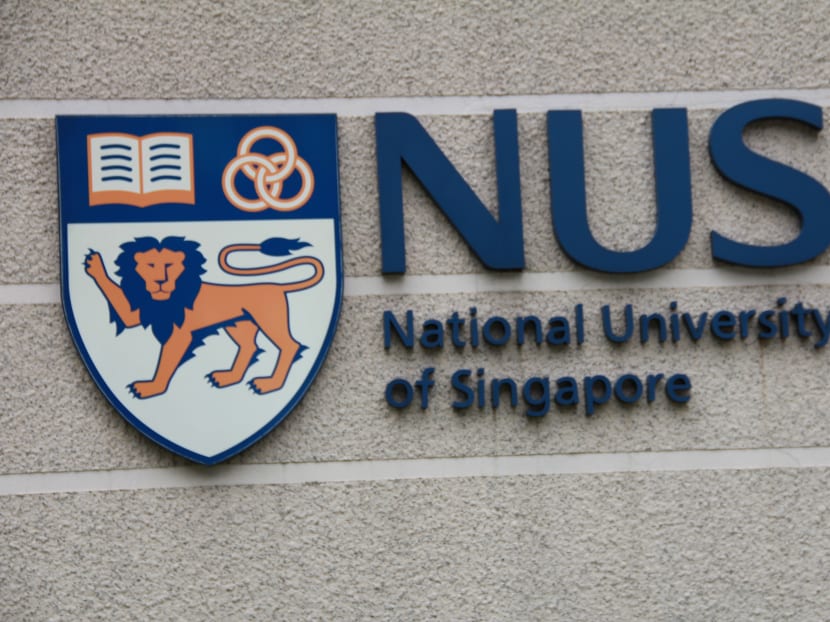Easier qualification for honours for some NUS students
SINGAPORE — The National University of Singapore (NUS) will be allowing more students to graduate with honours, a move that is in line with the other autonomous universities here, which already offer direct honours programmes.
SINGAPORE — The National University of Singapore (NUS) will be allowing more students to graduate with honours, a move that is in line with the other autonomous universities here, which already offer direct honours programmes.
Students in three faculties — business, arts and social sciences, and science — and the nursing degree programme will now need only a grade of 3.2, down from 3.5, in their third year to proceed on to the honours track, NUS provost Tan Eng Chye told a media briefing on Tuesday.
At the end of four years, undergraduates will have to score only a 3.0 grade — instead of 3.2 — to graduate with honours.
Professor Tan said the changes were made due to the increasing quality of its student intakes, and to help undergraduates cope with the evolving work environment that might require them to switch careers through their working lives.
In reference to criticisms that the NUS move will lead to grade inflation, he noted that the university is “still getting very good students”.
For instance, entrants to the business administration programme had a cut-off grade of at least three As and one B over the past four years, while it was three As and one C in 2009.
NUS will also keep its classes small in the honours year and hire more faculty members to maintain education standards, he added.
By opening up the honours track, Prof Tan noted, 10 to 15 per cent more students in the three faculties, or an additional 400 to 500 students, could graduate with an honours degree.
Having an additional honours year will better prepare undergraduates for the future work environment, he said.
“Students actually need to be trained more broadly to adapt to these changes ... If students spend more time in university, they will have more chances and opportunities to dabble in other subjects and disciplines.”
Currently, the other five publicly-funded universities offer direct honours programmes, while NUS has them only for its computing, engineering and design schools. On average, more than 80 per cent of undergraduates from the autonomous universities graduate with honours.
Human resources experts told TODAY that while an honours degree is important for the public sector, employers also look beyond paper qualifications, especially in private firms.
Ms Linda Teo, ManpowerGroup Singapore’s country manager, said the tight labour market means that all suitable applicants will be shortlisted and job-seekers have to prove their worth during job interviews.
With more honours graduates, she added, the differentiation between lower classes of graduates and non-honours graduates “would probably be even less distinctive and an honours degree might gradually lose its prestige”.
Ms Jessica Ang, JobsCentral Group’s marketing director, noted that many local and overseas universities are already offering a direct masters programme. Higher qualifications might lead to a mismatch in expectations between the job-seeker and the employer over issues such as the starting salary, she added.
Employers also look out for involvement in leadership roles and extra-curricular activities to assess candidates’ potential, said Mr Sheldon Fernandez, jobsDB Singapore’s managing director.
Apart from the change in the requirements for its honours degree, NUS will also revise its degree classification to ensure a “better way of recognising students’ accomplishments”, said Prof Tan. For example, second class (lower) honours will now be known as honours with merit.
The changes will apply to new batches and undergrads admitted to the NUS in 2012 and last year.
Ms Chen Wei Wei, 21, a second-year science undergraduate, said lowering the cut-off grade in the honours track will allow her to specialise in biostatistics in the honours year. “This change definitely gives many students a sense of assurance,” she added.







